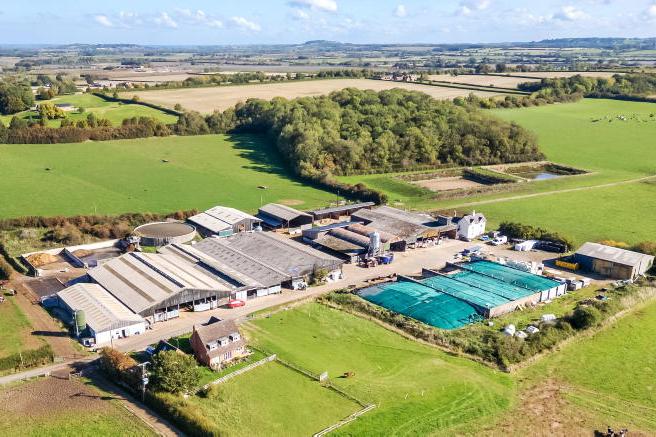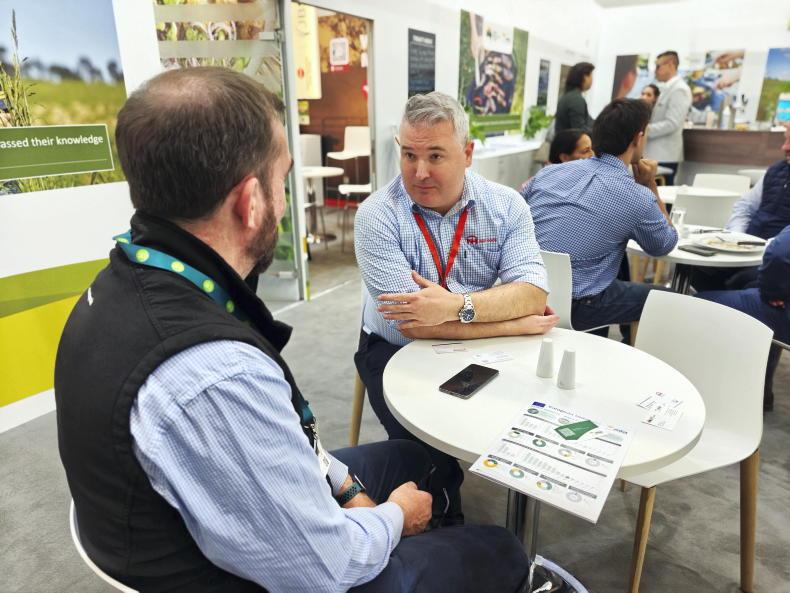British Prime Minister Keir Starmer gave no indication he is about to back down on planned reforms to inheritance tax (IHT), due to kick in from April 2026. During a meeting with MPs on the House of Commons Liaison Committee last Thursday, Starmer was probed by Lib Dem MP Alistair Carmichael why his chancellor Rachel Reeves has, to date, refused to meet UK farming unions on the proposals.
“That will be a matter for her. I myself met the president of the NFU [Tom Bradshaw],” responded Starmer. So was that with a view to making changes to the policy?
“No. We have got the policy. I was clear about that, but did I want to hear what he had to say, in a respectful way? Yes, of course I did,” said Starmer.
During his evidence, he defended the plan to put a £1m threshold on Agricultural Property Relief (APR), arguing that the purpose was to raise money for public services, such as the NHS, rather than hitting “the pay packets of working people”. He also insisted it was not about preventing the super-rich from buying up farmland to avoid IHT.
“We were not aiming at a particular group,” he said.
Robust
When asked about disputed government figures which suggest only 500 farmers will be impacted by the reforms (industry analysis suggests this is under-estimated by a factor of at least five), Starmer claimed the original figure was “robust”. He repeated government claims that £1m is a high threshold that protects family farms.
“And of course, there is the fact that even when the threshold triggers the payment of tax, that tax is paid at 50% of the rate that other people would pay, and it is over a 10-year period, interest-free. That is the fair balance between raising the revenue and the protection we wanted to put in place,” he said.










SHARING OPTIONS